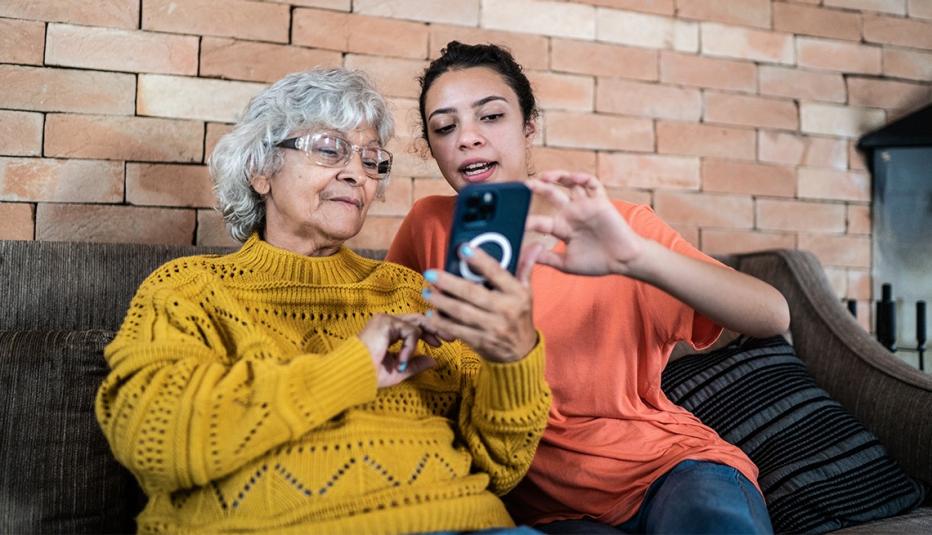AARP Hearing Center
Americans are increasingly targets of fraud. While many take steps to protect themselves, over a third of adults (approximately 120.2 million people) are vulnerable to theft by responding to calls, texts, or friend requests from people they don’t know, AARP research shows.


AARP conducted a national survey of 2,230 adults to gauge Americans’ awareness of scams and examine how well they react to potential threats. Most (91%) recognize that fraud can happen to anyone. More than four in 10 Americans (an estimated 141.5 million adults) say they have lost money to scams or had sensitive information obtained and used fraudulently.
Concerns about fraud reflect the surge
Justifiably, worry about fraud is widespread. Among the adults surveyed, about half are concerned about themselves or loved ones becoming victims; 20% say they would have no means of recovering stolen funds. Most of those who had experienced fraud (75%) say they had contacted their financial institution, and 46% have passed along the newfound wisdom they learned the hard way — by warning others in hopes of saving them from potential loss.
Theft through fraud has surged over the last five years, with losses jumping from $2.4 billion in 2019 to more than $10 billion in 2023. Even as businesses, law enforcement, and policy makers work to address the problem, the research indicates more education is needed to safeguard consumers.
Protections and vulnerabilities
AARP reports that most Americans (65%) do not use distinctly different passwords on all their accounts. That means when one account is compromised, others are at risk. About half also admit to downloading free apps or taking quizzes on social media, which can expose users to malicious software.
Nevertheless, Americans are taking at least some proactive steps as well as educating themselves. A full 87% of Americans say they are quick to update their devices when new security patches are released. The use of multifactor authentication on online accounts is also common, although slightly less so by Black and Hispanic consumers. Most also recognize that being asked to buy gift cards or convert cash to bitcoin to handle urgent financial matters are common scam tactics to avoid.
The AARP research underscores the need to expand messaging about fraud prevention and increase recognition of the economic, emotional, and health impacts of this problem on society.
Methodology
The report is based on a survey of Americans 18 and older conducted in February 2024 via phone and online. The national sample of 2,230 adults was weighted to reflect the American population by gender, age, education, race/ethnicity, and region.
For more information, please contact Alicia R. Williams at arwilliams@aarp.org. For media inquiries, contact External Relations at media@aarp.org.






























































